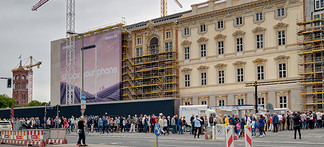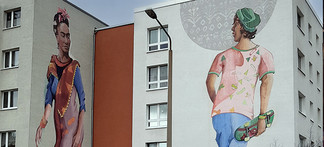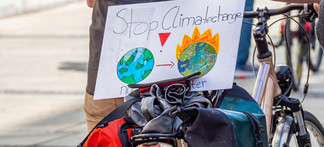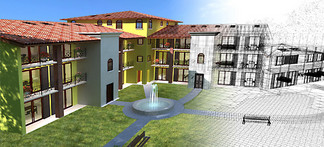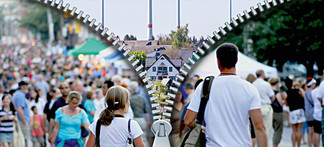Main Content
Magazine IRS aktuell
The IRS has been publishing its own magazine “IRS aktuell” since 1993. It informs in a comprehensible way about the research work of the IRS and its relevance to current societal issues. In addition, the magazine is frequently devoted to strategic and science policy issues. It is published two to three times a year and is aimed at both the scientific community and an interested specialist public in politics, administration, business and civil society. The issues can be obtained free of charge and are available online for downloading in their entirety.


